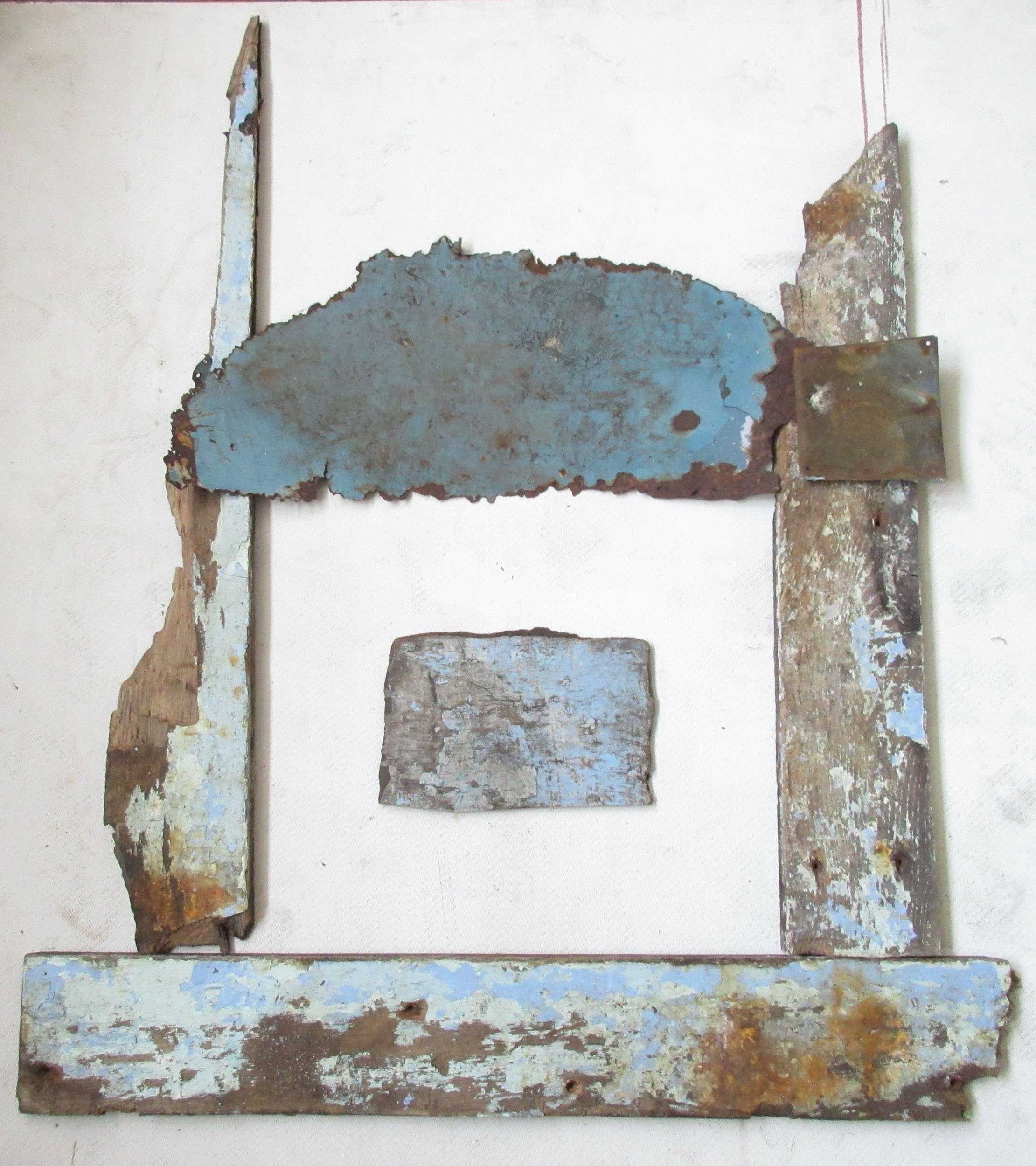
Vision
Feeling lost - and coming home
These days I am thinking a lot of what in my language (Danish) is called Hjemve.
Some may be familiar with the same word in German : Heimweh.
The direct translation in English is homesickness. But the connection to the word nostalgia is more telling in the way that it creates a cross between the spatial and the temporal dimensions of longing. Nostalgia is built from the Greek words nóstos, meaning "homecoming", and álgos, meaning "sorrow" or "despair" - longing for a home that was/ or as it is commonly used : longing for the past.
These feelings of being lost - longing for home, longing for the past, seem to me to be deeply relevant ways to think of how it feels to be disconnected from what sustains us. When considering that the words ecology and ecosystem have their root in the Greek word Oikos, meaning "home" or "family", it makes a lot of sense to think of the feelings of being lost, that are permeating our culture, as a kind of nostalgia for connection to other ecosystems. A longing to come home.
Most of my work is in one way or another circling around this theme. The wide-spread feelings of being lost. And the deep longing to come home, to feel at home in oneself, in a community, in a place.
I have spent many years exploring these themes - in art, in mythology, in philosophy, in psychology, in ecology. And I am leaning more and more into the hypothesis that a great deal of our feeling lost is caused by the culture of separation that is the foundation of “western civilisation”.
“The grief and sense of loss, that we often interpret as a failure in our personality, is actually a feeling of emptiness where a beautiful and strange otherness should have been encountered.”
Paul Shepard
This is why I have lately been focused on developing a theory of the psyche as a mental ecosystem, that makes it easier to see what we most essentially need to feel “at home” in the world - and why and how so many things in modern culture are harmful to our ability to feel connected, to feel at home.
Apart from this theoretic approach to the theme, I have been exploring it in a number of ways in my operas, in my novels and in my poetry. And most of my visual art is essentially attempts at representing the liminal in-between spaces - and trying to find new ways of creating and enlivening connection. One example being the Totem-Ritual which is an attempt to create home-comings that can be steps towards the healing of the disconnected - a mental regeneration.
“The truth about living organisms is that they depend on a precarious balance between autonomy and relatedness to the whole on all levels of their functioning.”
Andreas Weber
"It is by imagining ourselves as separable - from one another and the ecosystems that sustain us - that we justify both the exploitation and the oppression of other humans and the ecological devastation."
Merlin Sheldrake
I firmly believe that we’ve got to find new ways of relating to the world. New ways of navigating and negotiating our entanglement with ourselves, each other and the other than human world.
This is why I find it very useful to start thinking of the psyche as a mental ecosystem.
An ecosystem that like all other ecosystems depend on certain basic needs to be met : Connectedness, Balance, Diversity and Self-organisation.
Looking at mental health through the lens of systemic thinking makes a lot of things fall into place in ways that make so much sense:
About neurodiversity, about numbing, about the need for intimacy and for community, about the healing powers of connecting with nature and with art.
All of which makes it clearer than ever that the causes of our suffering and symptoms are systemic and not personal. That most of our mental health problems are due to the toxicity of an extractive culture - and not our own faults, disorders or weaknesses.
In essence: that the mental health crisis is a result of the same lack of care for basic needs that has caused the other ecological crises.
Seeing ourselves as mental ecosystems opens up for new ways of understanding:
why we feel like shit
what we need to do in our own lives to feel better
how we need to re-organise society in ways that tend to all the interconnected ecosystems - mental, social and global
and how the de-growth and slowing down that global ecologies need is actually not a loss but a win-win for our own mental health.
